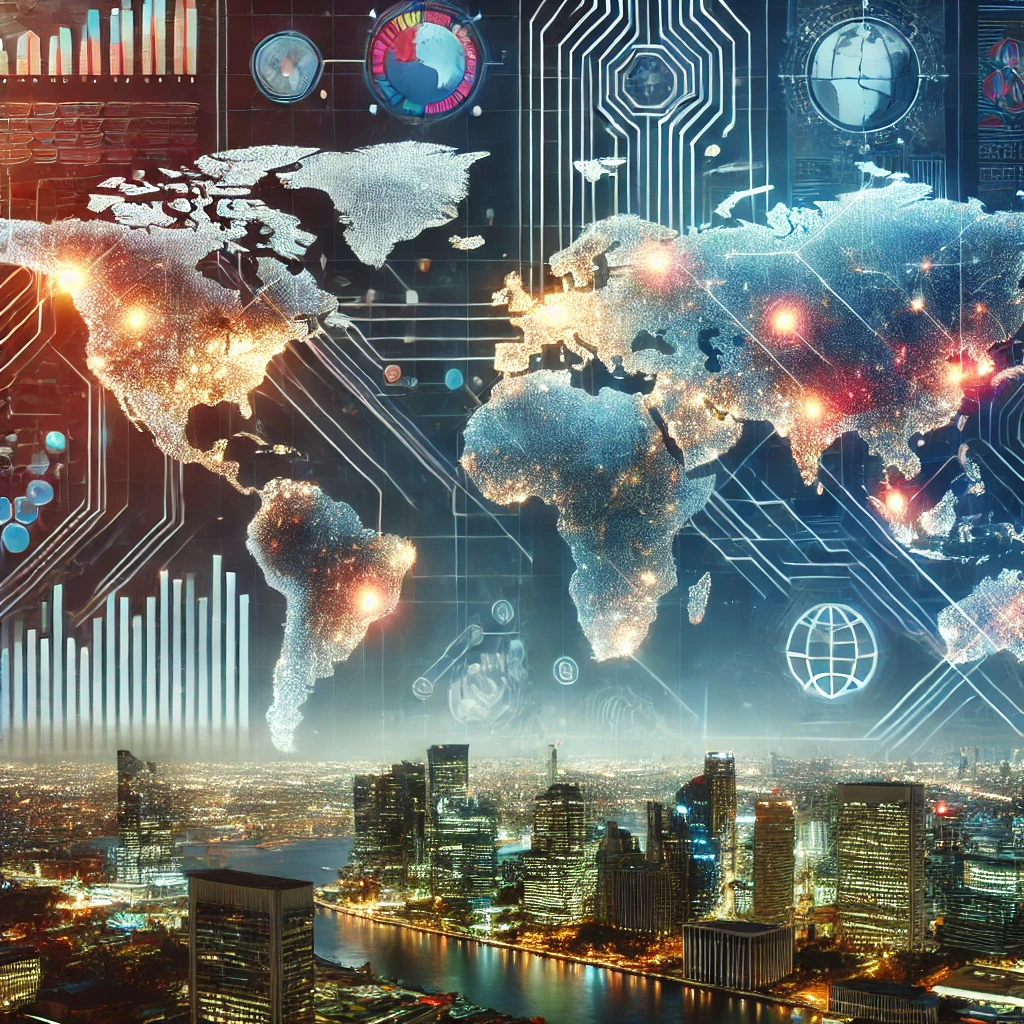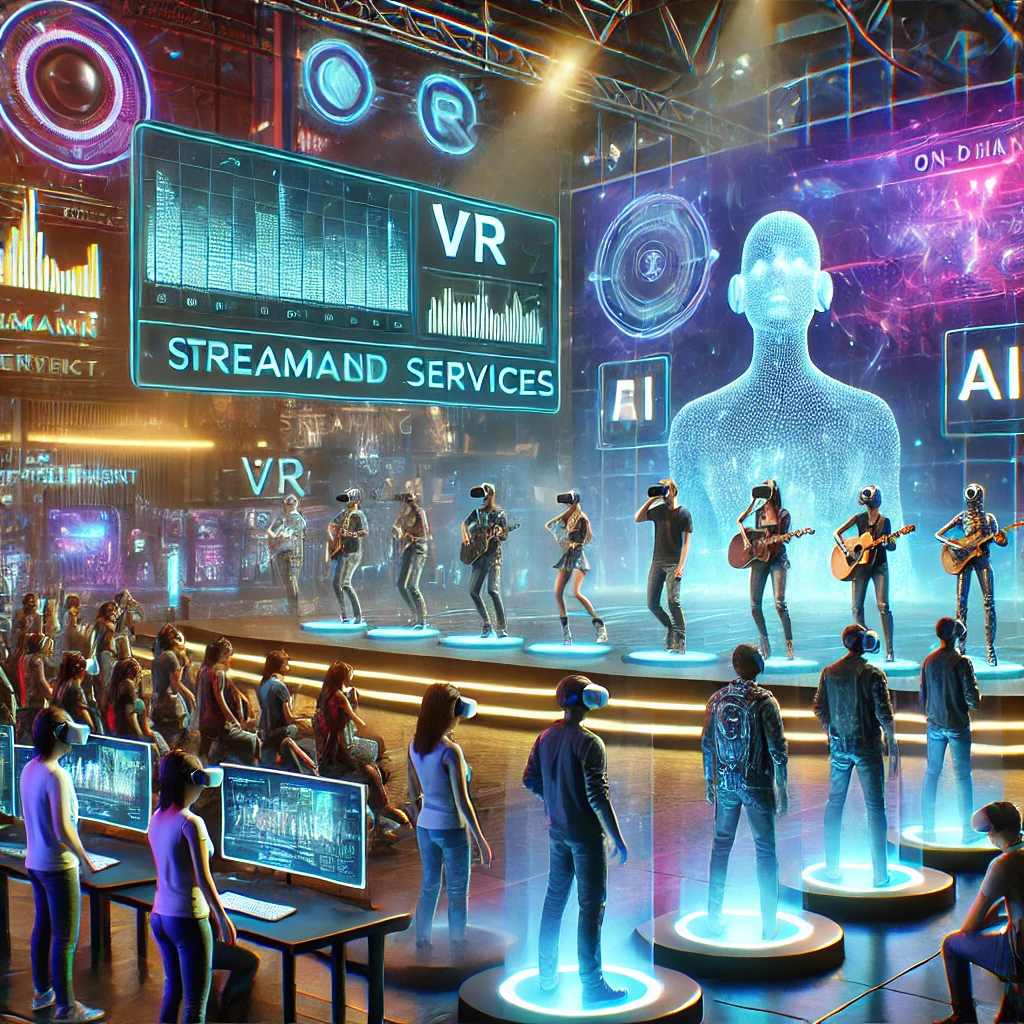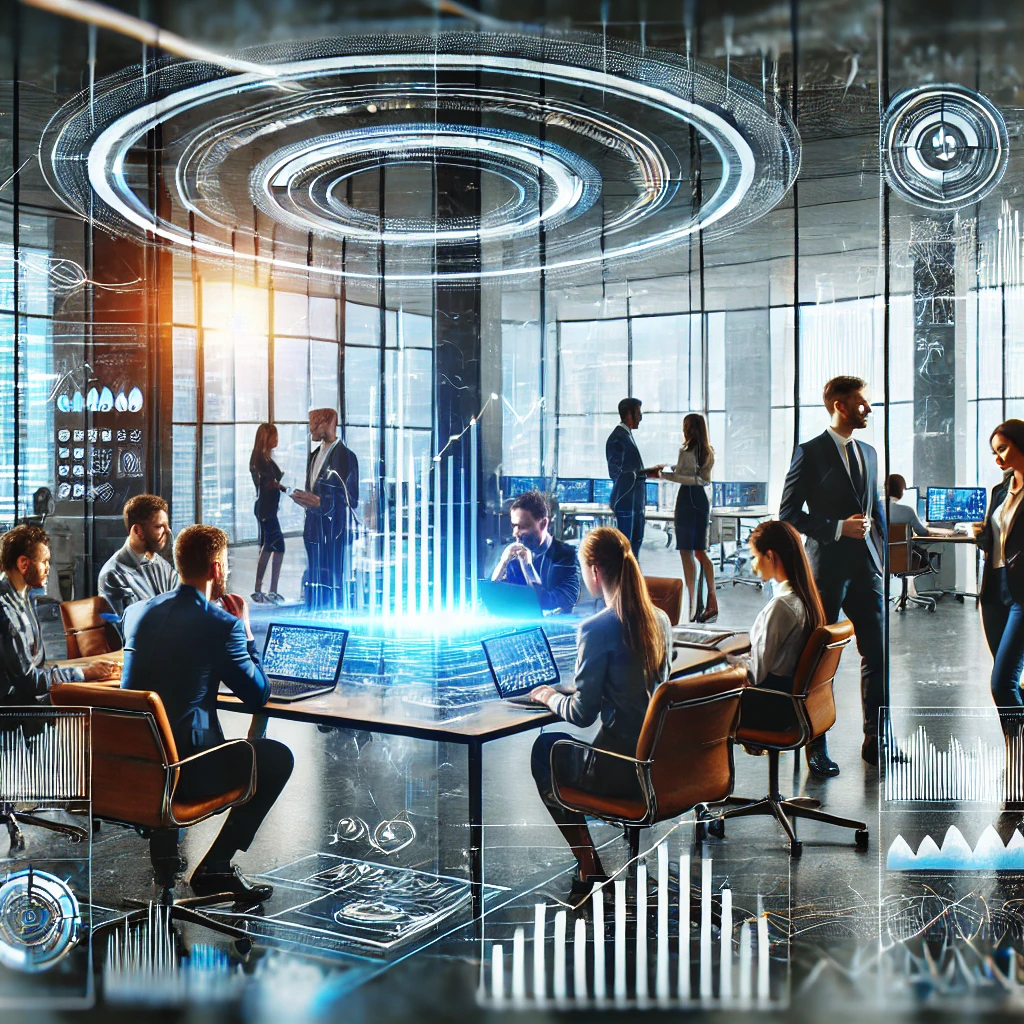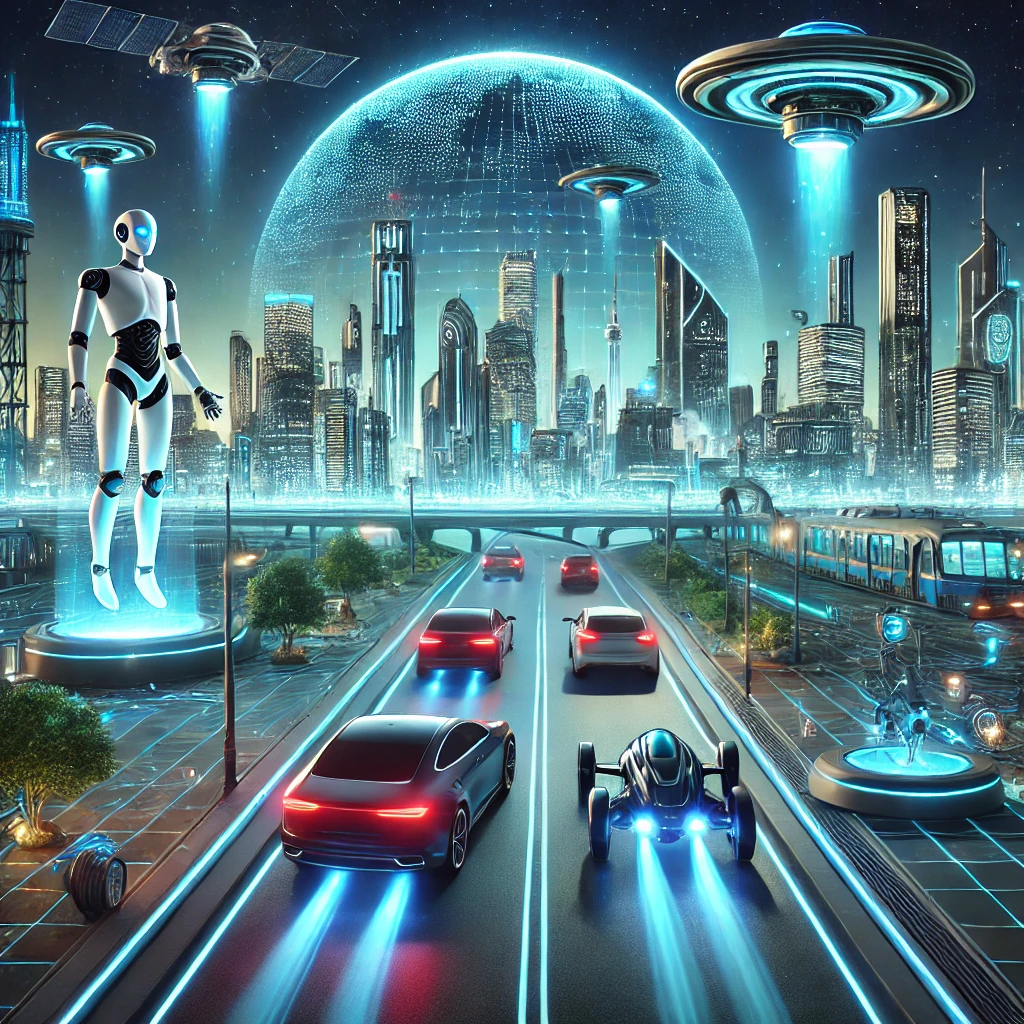In recent years, the global political landscape has undergone significant shifts, reshaping international relations, economies, and societal structures. From conflicts and trade wars to climate agreements and technological advancements, these developments are influencing the future of nations and individuals alike. This article delves into some of the most pressing global political events that are currently shaping the world.
1. Rising Geopolitical Tensions
Geopolitical tensions between major powers such as the United States, China, and Russia have intensified in recent years. The ongoing trade disputes, territorial conflicts in the South China Sea, and military buildups are fueling a new era of global uncertainty. The rivalry between the U.S. and China, in particular, has led to economic restrictions, supply chain disruptions, and increased competition in the technology sector.
Additionally, Russia’s involvement in regional conflicts, such as the war in Ukraine, has exacerbated global divisions. Sanctions imposed by Western nations have created economic strain, while diplomatic negotiations remain tense. The impact of these tensions is being felt in energy markets, with fluctuating oil and gas prices affecting economies worldwide.
2. The Evolution of International Trade
The global economy is witnessing a significant transformation due to shifting trade policies and alliances. The rise of economic nationalism has led to changes in trade agreements, with countries re-evaluating their dependence on foreign markets. The push for self-sufficiency in key industries, such as semiconductor manufacturing and pharmaceuticals, has gained momentum.
Trade agreements such as the Regional Comprehensive Economic Partnership (RCEP) and the U.S.-Mexico-Canada Agreement (USMCA) are reshaping economic alliances. While globalization once dominated economic strategies, there is now a trend toward regional trade blocs, aiming to reduce vulnerabilities in international supply chains.
3. Climate Change Policies and Global Cooperation
Climate change remains one of the most pressing global challenges, prompting nations to adopt ambitious environmental policies. The Paris Agreement continues to be a cornerstone of international climate efforts, with countries setting targets for reducing carbon emissions.
However, the effectiveness of these policies is being tested by economic constraints and political resistance. Countries dependent on fossil fuels are struggling to transition to renewable energy, while developing nations are seeking financial assistance to implement sustainable initiatives. The recent COP conferences have highlighted the need for stronger commitments, but geopolitical rivalries often hinder collaborative efforts.
4. The Role of Technology in Global Politics
Technological advancements are playing an increasingly important role in shaping international politics. The race for dominance in artificial intelligence (AI), cybersecurity, and space exploration has intensified competition between nations. Governments are investing heavily in technological research, while concerns over data privacy and digital security continue to grow.
The rise of cyber warfare and misinformation campaigns has also added a new dimension to geopolitical conflicts. State-sponsored cyberattacks targeting critical infrastructure, financial systems, and democratic institutions have raised concerns about national security. As technology continues to evolve, the need for international regulations and cooperation in cyberspace becomes more crucial.
5. Social and Political Movements
The past decade has seen a surge in social and political movements advocating for change in governance, human rights, and economic justice. Protests demanding democratic reforms, gender equality, and racial justice have gained momentum across the globe. Movements such as Black Lives Matter, climate activism led by groups like Extinction Rebellion, and pro-democracy demonstrations in Hong Kong and Myanmar reflect a growing demand for accountability and social change.
Governments are facing increased pressure to address public concerns while balancing stability and economic growth. Social media has played a crucial role in amplifying these movements, making it harder for authorities to suppress dissent. The impact of these movements extends beyond national borders, influencing policies and inspiring activism worldwide.
6. The Future of Global Governance
As global challenges become more interconnected, the role of international organizations such as the United Nations, the World Health Organization, and the International Monetary Fund is evolving. These institutions are being called upon to address issues ranging from pandemics and economic crises to conflict resolution and human rights violations.
However, criticisms of inefficiency, bureaucracy, and political biases continue to challenge their effectiveness. Calls for reforming global governance structures are growing, with suggestions for increased transparency, better resource allocation, and stronger enforcement mechanisms.
Conclusion
The global political landscape is in a state of flux, with rapid changes influencing every aspect of human life. Geopolitical tensions, economic shifts, climate policies, technological advancements, and social movements are shaping the future in unprecedented ways. As nations navigate these challenges, cooperation, strategic policymaking, and adaptability will be key to fostering stability and progress in the years to come.






